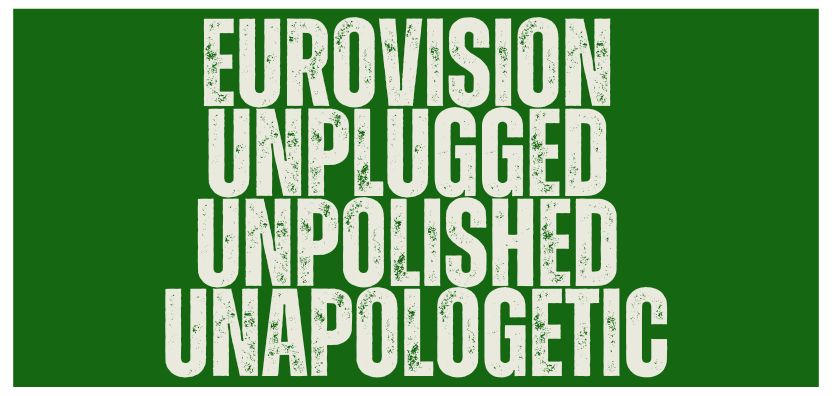
To the surprise of nobody, fraught negotiation between broadcaster Kan and the Israeli Ministry of Finance have ended with everyone claiming victory. Eurovision remains set to take place in Israel in May 2019.
With days to go before an already extended deadline to deposit a security bond with the European Broadcasting Union (EBU), there were reports that government pressure might lead the state broadcaster to pass on hosting the 2019 song contest.
My word is my bond
The EBU introduced a security deposit after running into issues with recent host broadcasters. As a show of faith, broadcasters (or in reality the government of a host nation) needs to pay €12 million to the EBU. This is offset against hosting costs and used if there are last-minute changes or instability that means the contest cannot take place as planned.
Kan insisted it could not pay the deposit from existing funds, despite having a budget close on €200 million. All money was already allocated to other projects. It asked the government to cover the costs and was met with a flat refusal. The Finance Minister suggested Kan take out a loan and the broadcaster rejected the idea of an unsecured debt, reasoning that political instability could cause them to lose the money and they would be forced to shut down.
After a series of tense meetings, it’s been agreed that Kan will take a loan to pay the security deposit and if – for specific reasons such as war, natural disaster or civil and political unrest/BDS actions – the contest cannot take place in Israel, the Ministry of Finance will cover the loss. If the contest cannot happen because of in-fighting or production failure, Kan has to foot the bill.
Kan confirmed that funding for the contest itself would be managed by its budget department with their recommendations passed to ministers for approval – guess what the next drama is likely to be.
The politics of dancing
The broadcaster found itself being used as a political football. Israeli PM, Benjamin “Bibi” Netanyahu (pictured above with Netta) is known to not favour paying for a national broadcaster that has been critical of his administration and previously suggested Kan be split into two legal entities, one for news, one for entertainment.
This would make the broadcaster ineligible to remain an EBU member and host or take part in the contest. Under internal political pressure, he cancelled a bill to force this change in June.
The EBU issued a regular newsletter yesterday, making no mention of the political dust-up, and promising details of the host city and venue in September.





